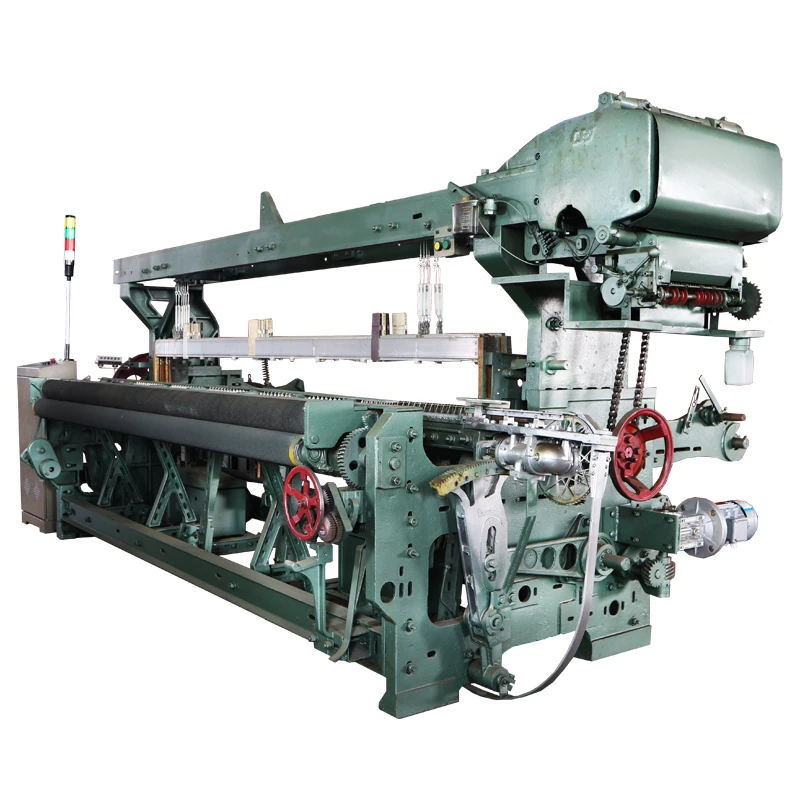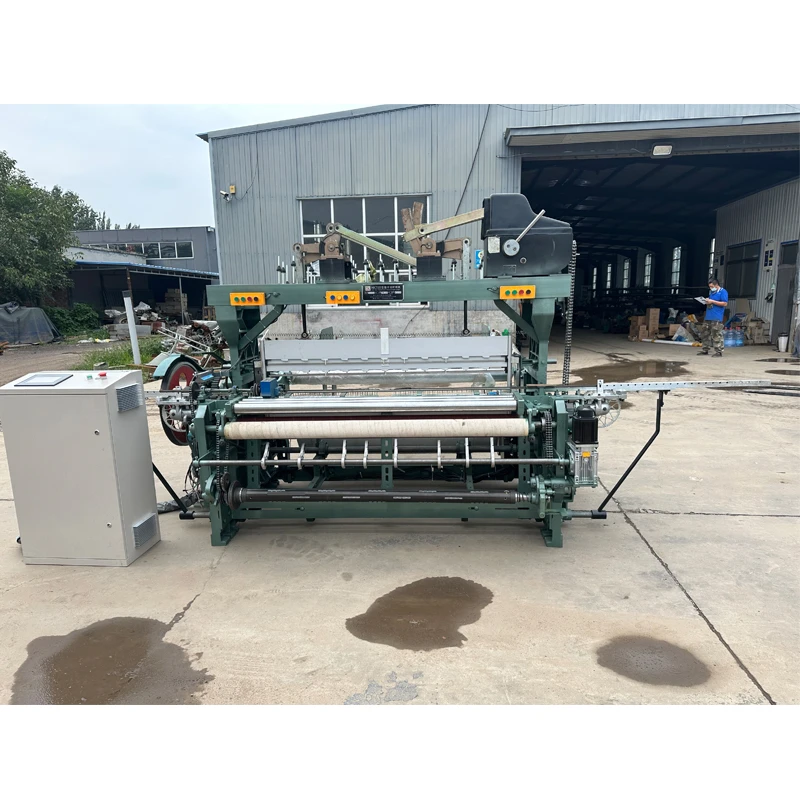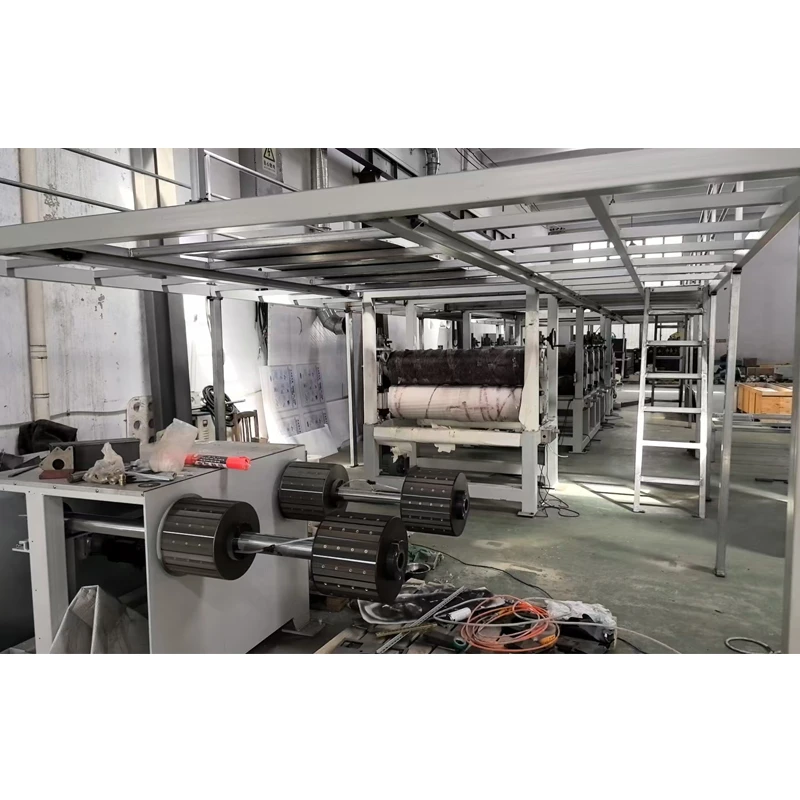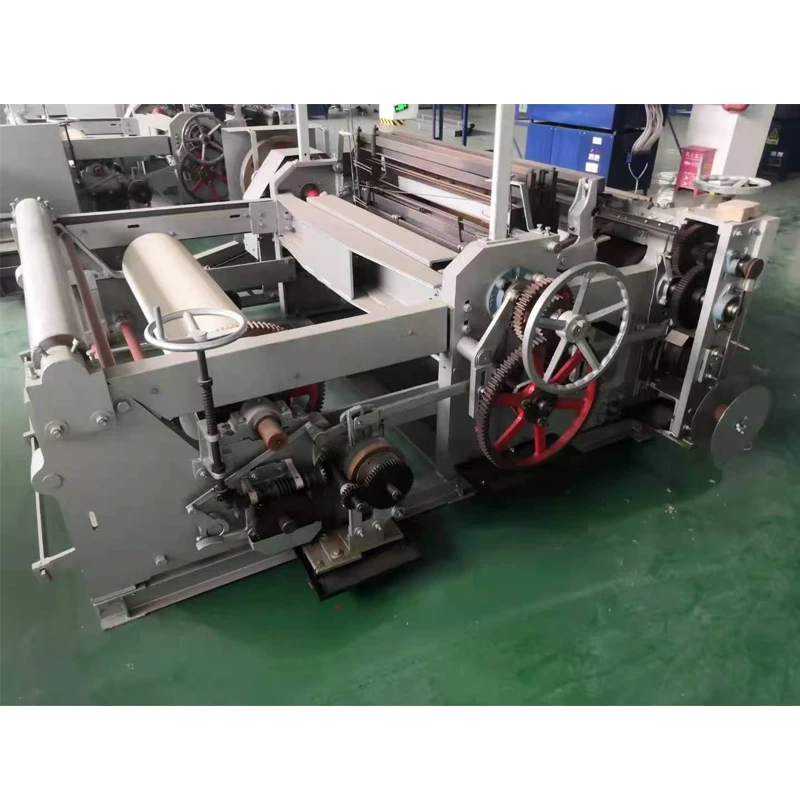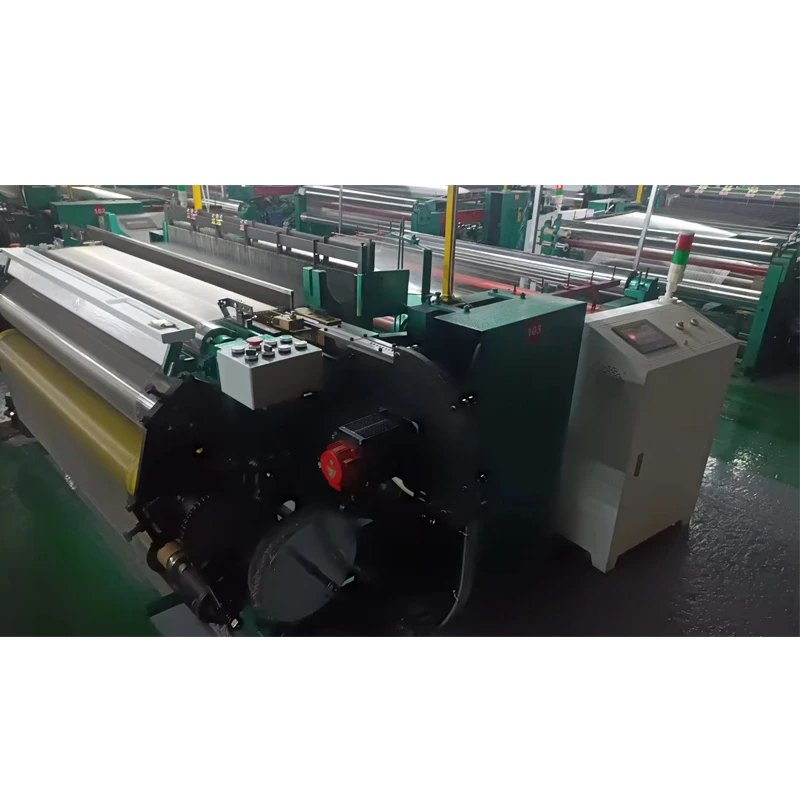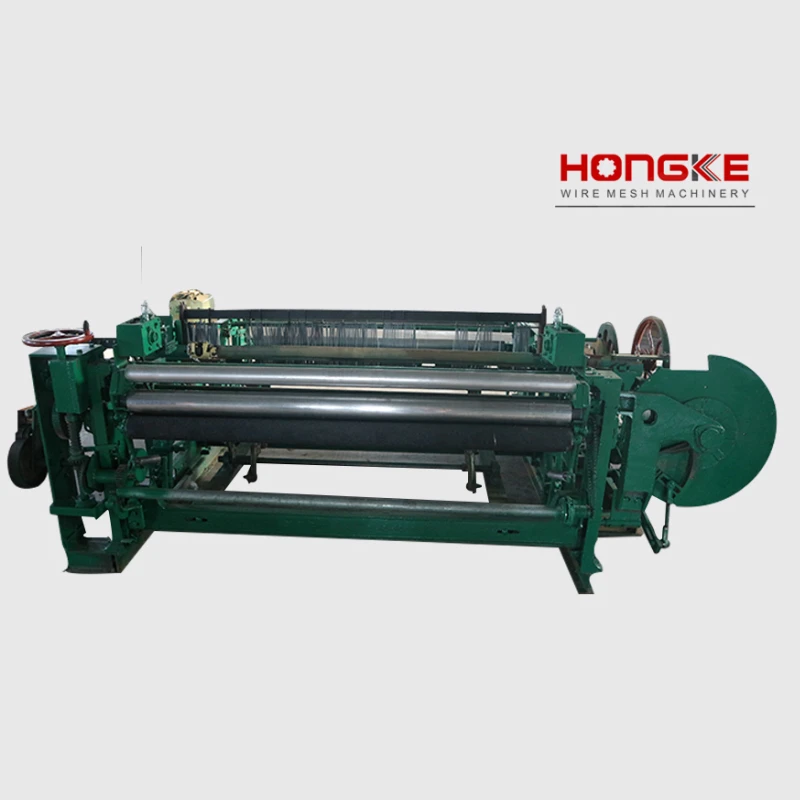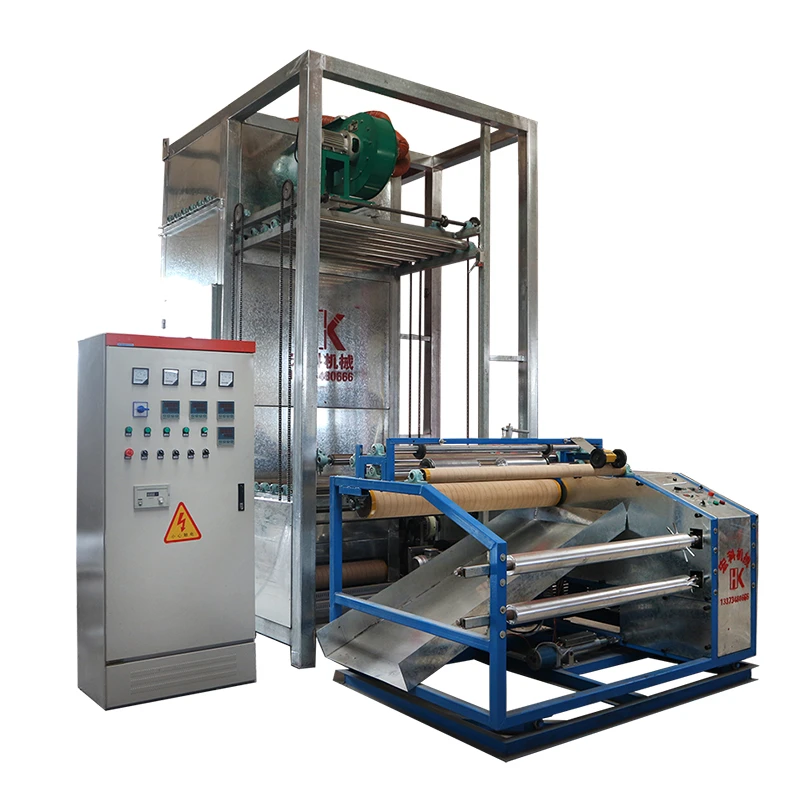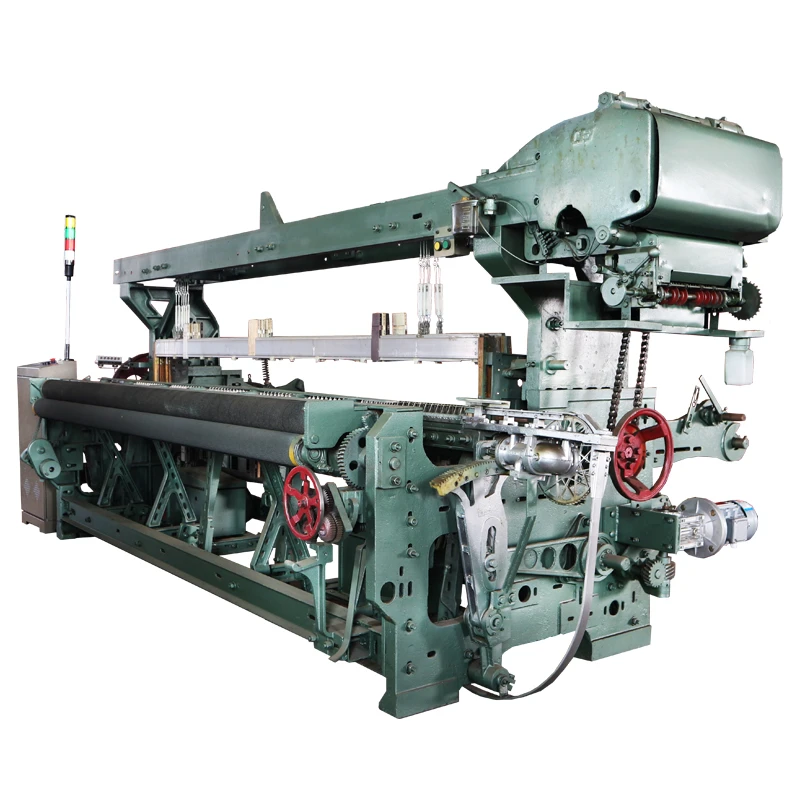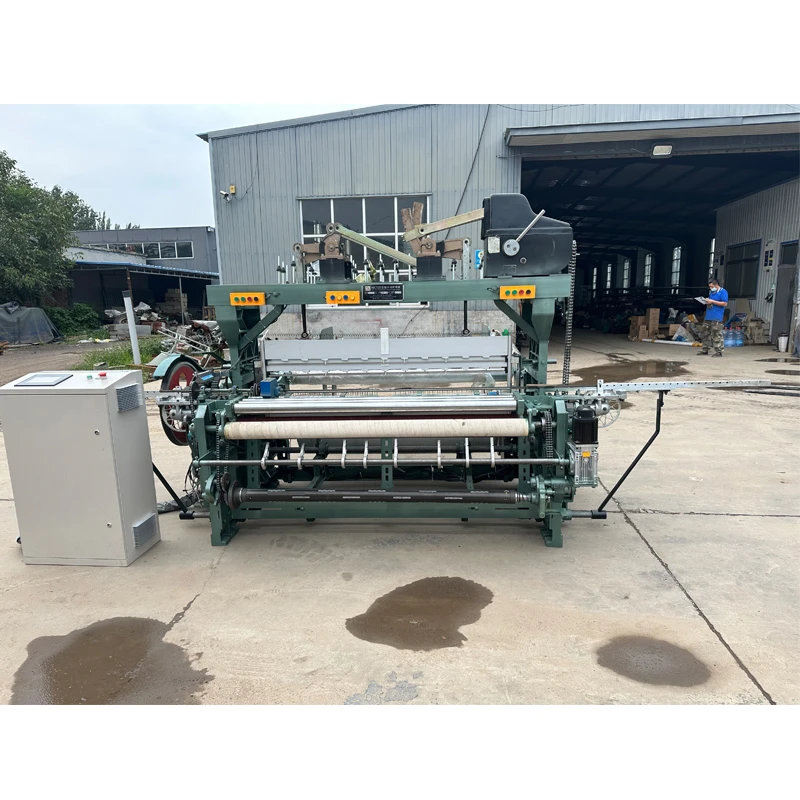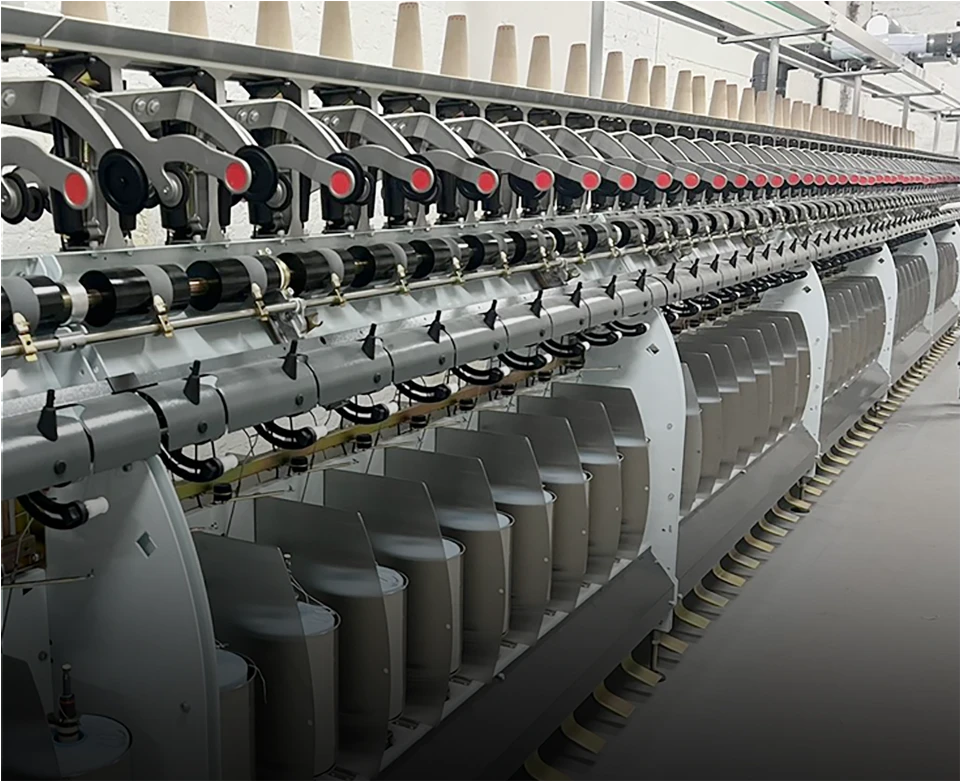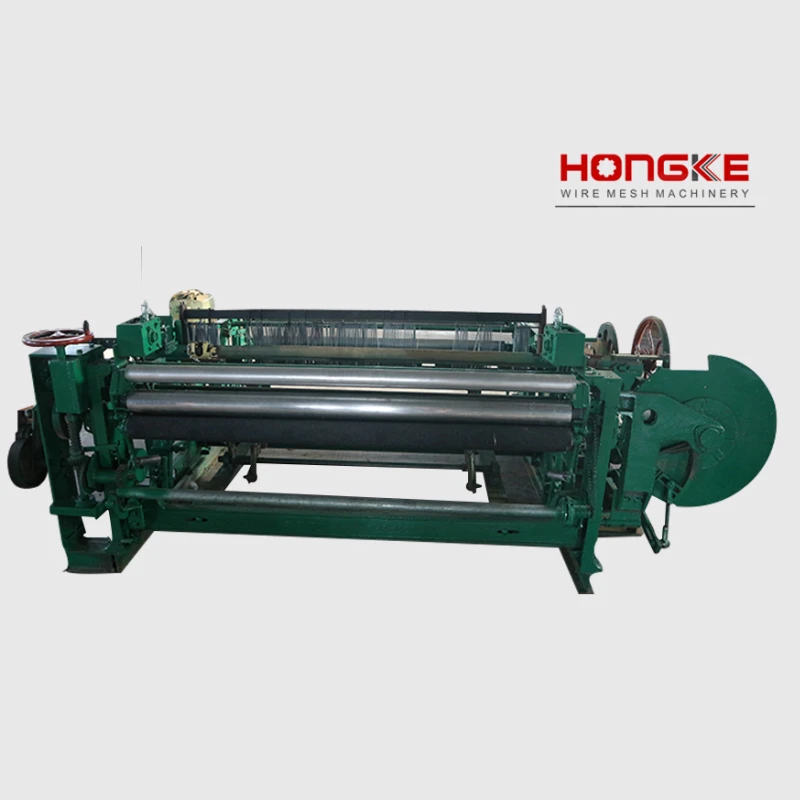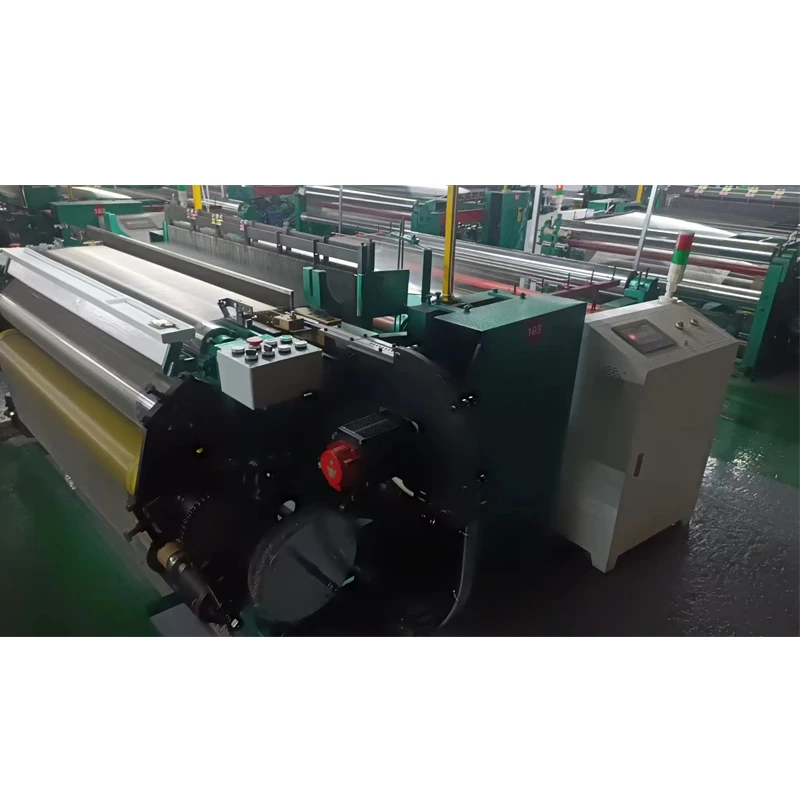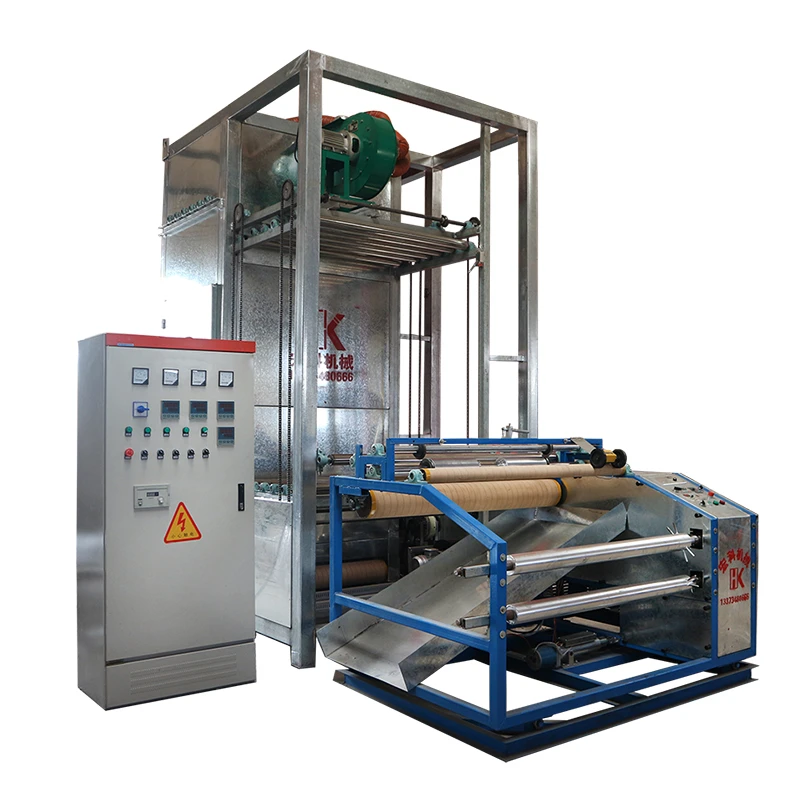
If you're looking to scale your production of high-quality fiberglass mesh, exploring options for a fiberglass mesh weaving machine for sale is essential. These machines are specifically engineered to weave fiberglass yarn into durable mesh fabrics widely used in construction, insulation, and composite industries. Whether you need small-scale equipment or industrial-grade machinery, there is a diverse selection of fiberglass mesh weaving machines for sale that fit various production demands.
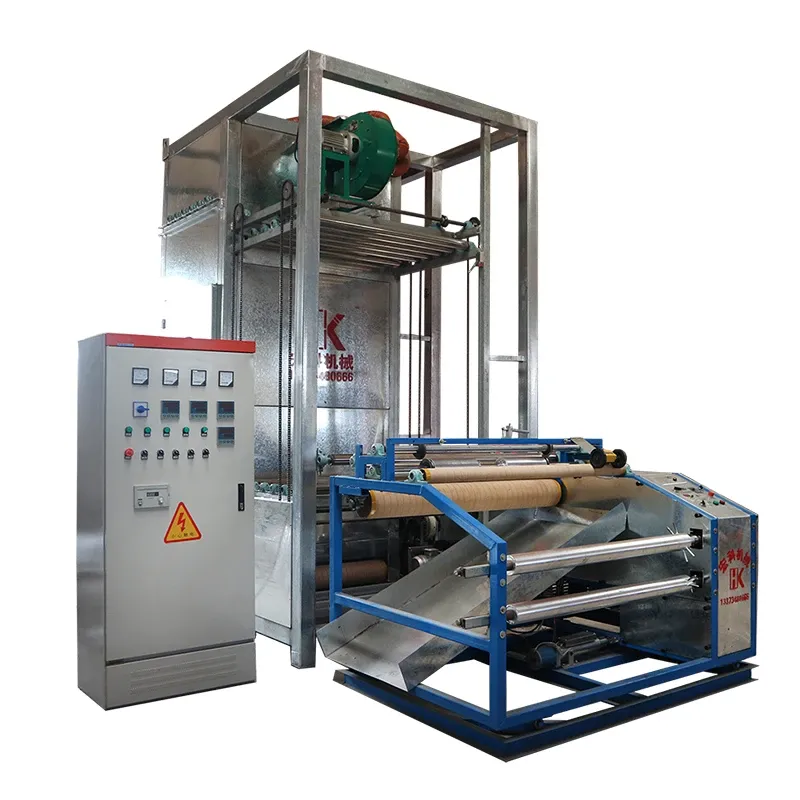
Modern machines boast advanced features like automatic tension control, high-speed weaving capabilities, and energy-efficient motors. By investing in the right fiberglass mesh weaving machine for sale, manufacturers can produce consistent, defect-free mesh with minimal manual intervention. The result is a product that meets international standards while optimizing production costs and timelines.
Leading manufacturers often provide after-sales services such as installation guidance, staff training, and maintenance support to ensure your fiberglass mesh weaving machine for sale remains productive for years to come.
Fiberglass Machine: Versatility Meets Innovation in Industrial Applications
The term fiberglass machine encompasses a range of equipment used in different stages of fiberglass product manufacturing—from yarn production to weaving and finishing. Among these, the fiberglass mesh weaving machine stands out for its role in fabricating reinforcing mesh essential in drywall tape, waterproof membranes, and exterior insulation systems.
Cutting-edge fiberglass machines incorporate automation to enhance precision and speed. Features such as programmable logic controllers (PLC), servo motors, and real-time monitoring allow operators to adjust weaving patterns and speed on the fly, catering to custom mesh specifications. This versatility makes the fiberglass machine indispensable for manufacturers aiming to serve diverse markets.
Moreover, eco-conscious manufacturers appreciate that many modern fiberglass machines are designed with energy efficiency in mind, reducing operational costs while supporting sustainable production practices.
Understanding Fiberglass Machine Price: What Influences the Investment?
Before purchasing a fiberglass machine, understanding the fiberglass machine price is critical for budgeting and long-term planning. Prices vary widely depending on several factors such as machine capacity, automation level, brand, and included features.
A basic semi-automatic fiberglass mesh weaving machine might be priced competitively, ranging from $8,000 to $20,000. On the other hand, fully automated, high-speed models with advanced control systems and larger weaving widths can cost upwards of $50,000 or more.
Many manufacturers in China, Europe, and Southeast Asia offer flexible pricing options and financing plans to make acquisition easier for new and expanding businesses.
How to Choose the Right Fiberglass Mesh Weaving Machine for Your Business
Selecting the best fiberglass mesh weaving machine for your production goals requires careful consideration of your output needs, product specifications, and operational capabilities.
Start by defining key factors such as the desired mesh size, yarn type, and production speed. Some fiberglass machines are optimized for narrow mesh widths suitable for niche applications, while others cater to wide-format mesh production for large-scale construction projects.
Energy consumption, ease of operation, and maintenance requirements should also influence your decision. Machines with automated tension control and self-diagnostic features reduce downtime and ensure consistent mesh quality.
Furthermore, verify that your supplier offers comprehensive training and responsive technical support. A reliable partnership can enhance your experience and maximize your return on investment in a fiberglass mesh weaving machine.
Exploring the Market: Where to Find the Best Fiberglass Mesh Weaving Machine for Sale
The global market offers numerous options when looking for a fiberglass mesh weaving machine for sale, with China being a dominant player in manufacturing and export. Chinese manufacturers are known for combining competitive pricing with steadily improving quality standards and advanced technology.
Besides China, countries like Italy, Germany, and Taiwan produce high-end fiberglass machines with cutting-edge automation and superior build quality, typically at a higher price point.
When sourcing a fiberglass mesh weaving machine for sale, evaluate suppliers on factors such as certifications (ISO, CE), production capabilities, client reviews, and after-sales service. Visiting factories or requesting fiberglass mesh weaving machine videos can provide additional assurance of machine performance and build quality.
B2B platforms such as Alibaba, Made-in-China, and Globalsources are excellent starting points for comparing fiberglass machine price options and supplier reputations.
FAQs About Fiberglass Mesh Weaving Machines
What industries primarily use fiberglass mesh woven by these machines?
Fiberglass mesh is widely used in construction for wall reinforcement, waterproofing, and insulation systems. It is also employed in composites manufacturing, automotive parts, and protective clothing due to its strength and lightweight properties.
How often does a fiberglass mesh weaving machine require maintenance?
Routine maintenance is typically recommended every 3 to 6 months depending on usage intensity. Regular tasks include lubricating moving parts, checking yarn tension, and inspecting electrical components. Preventive maintenance extends machine lifespan and ensures consistent quality.
Can fiberglass machines be customized for different mesh sizes?
Yes. Most advanced fiberglass mesh weaving machines allow adjustments for mesh size, width, and yarn tension, providing flexibility for manufacturers to produce varied products on a single machine.
What is the typical lead time when ordering a fiberglass mesh weaving machine?
Lead times vary from 4 to 12 weeks depending on machine complexity, customization, and supplier workload. Early communication with the supplier about delivery schedules helps plan installation and production ramp-up effectively.
How does the fiberglass machine price reflect machine quality?
While a higher fiberglass machine price often correlates with advanced features, better components, and longer warranty, it is essential to evaluate the supplier’s reputation and after-sales support. Sometimes mid-range priced machines offer the best balance between cost and performance.

Праходны








